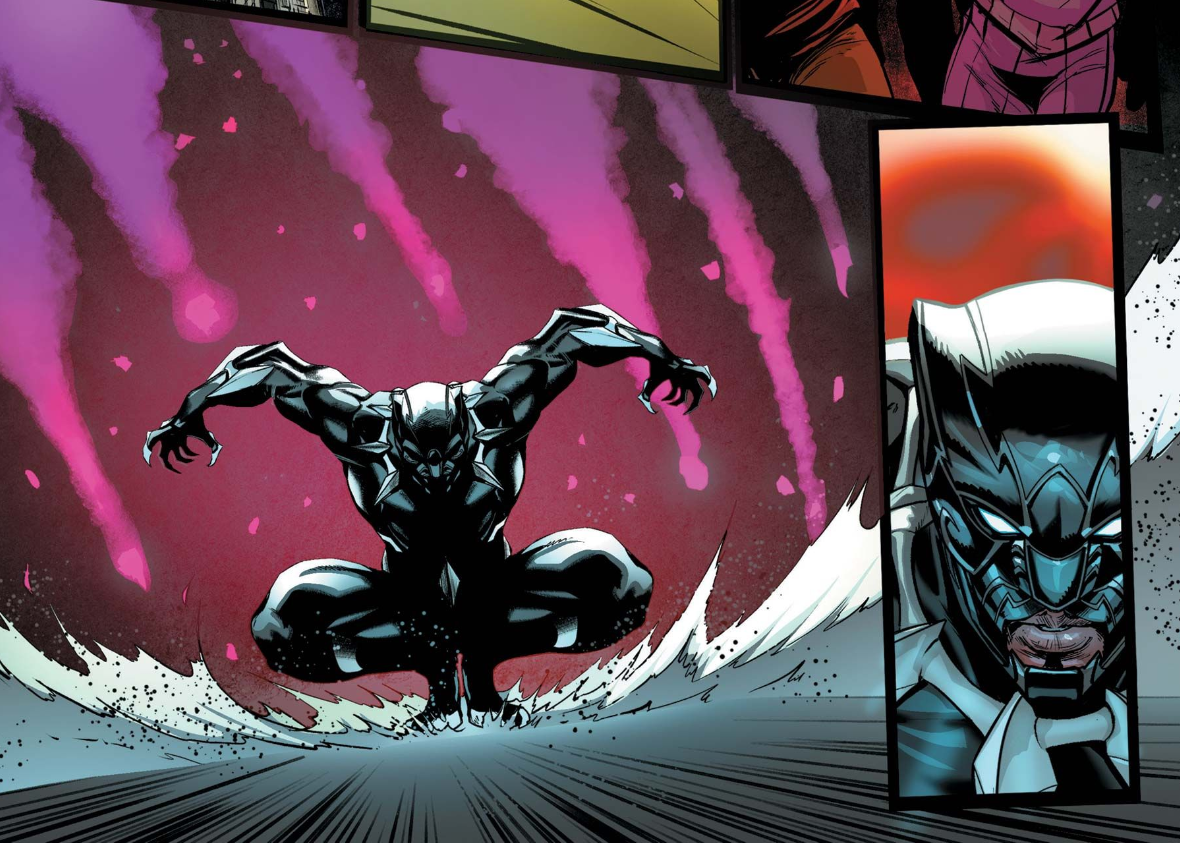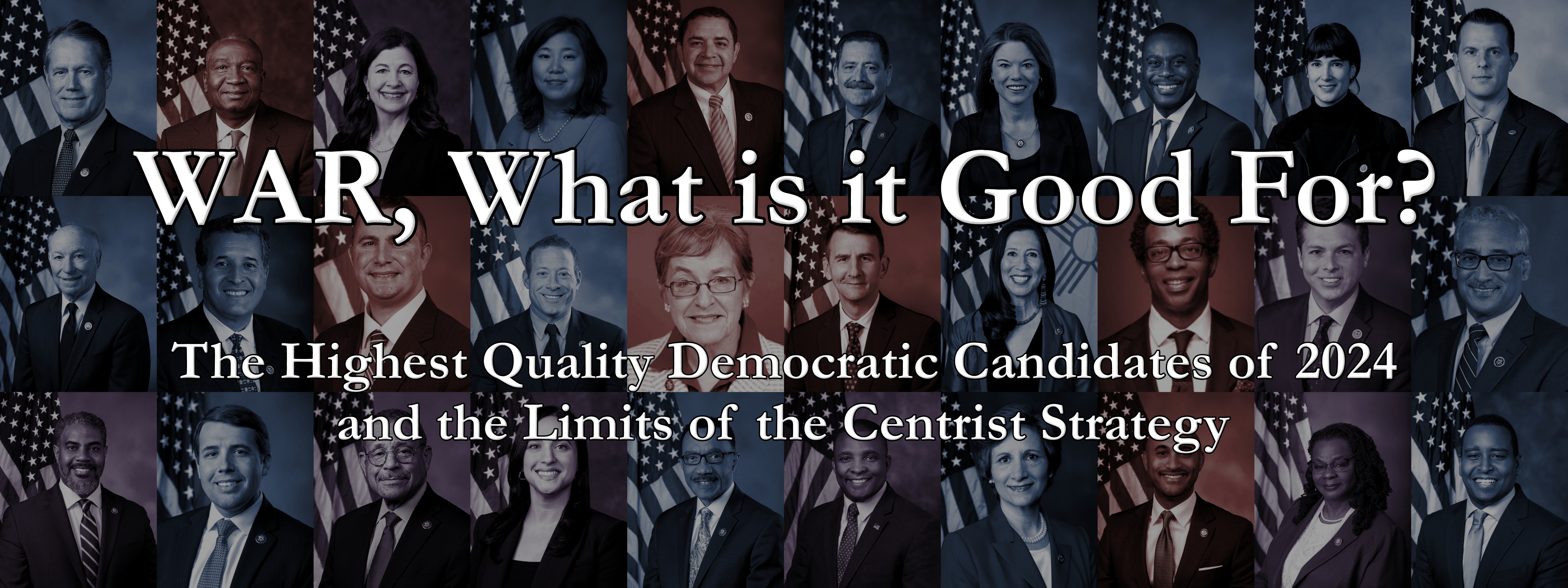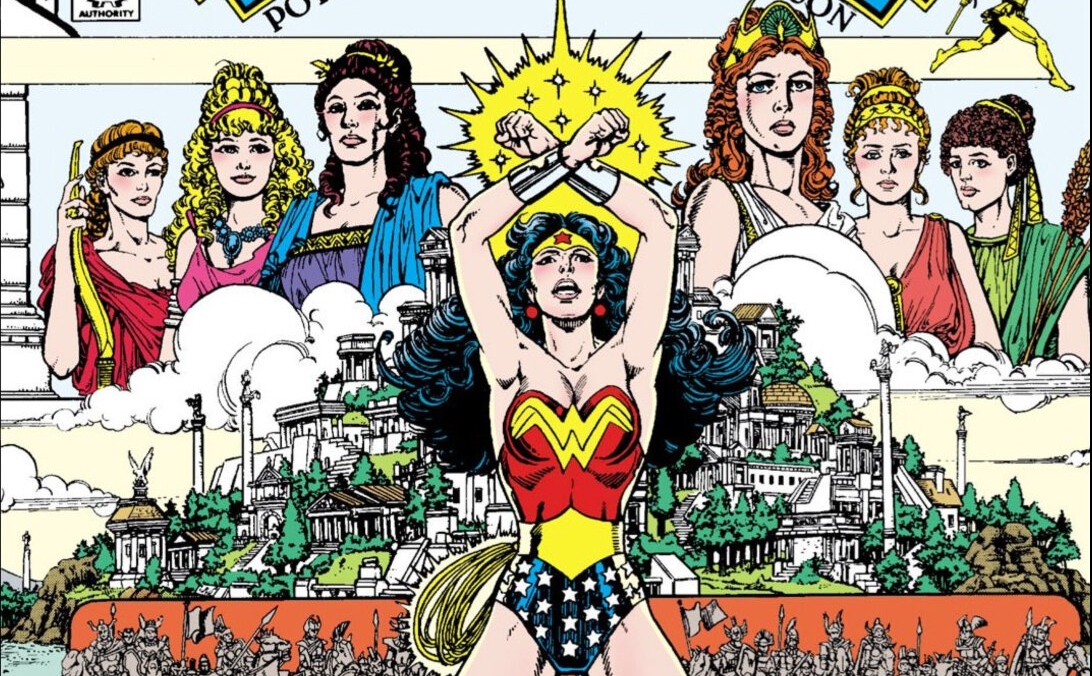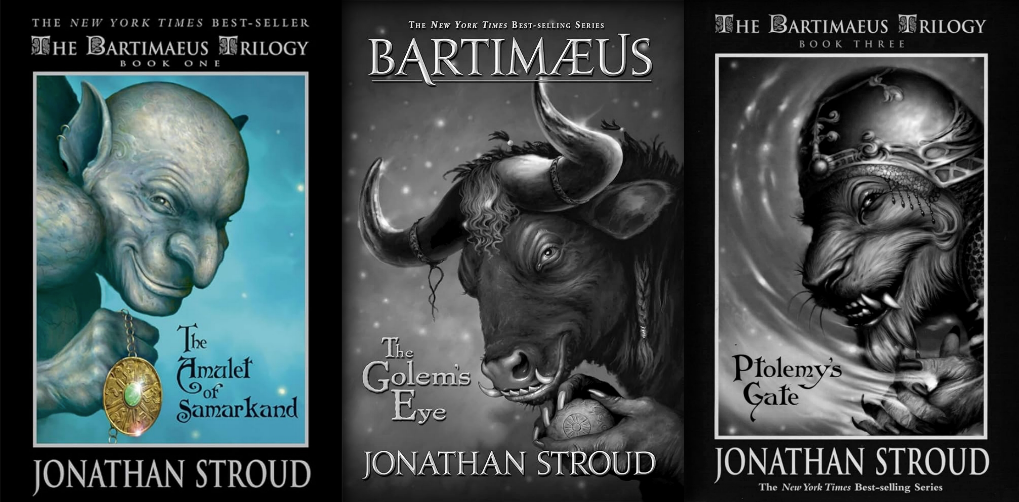The Great Power and Responsibility of Ultimate Black Panther
Marvel’s Ultimate Universe

Part of 2024’s relaunch of Marvel’s Ultimate Universe, a reboot of Black Panther in an alternate universe makes a lot of sense on paper. The hero has become a household name thanks to the 2018 movie, which effectively showcased the strength of the character in a modern context. There is an opportunity to present Black Panther stories from a clean slate, divorced from the Kirby-Lee originated continuity, which many of their other creations would not benefit from as much. Great power and great responsibility are core to classic Marvel books, but applying the motto to modern colonialism is something the originators never quite proved able or willing to tackle. Ultimate Black Panther is far from a radical departure from the current industry standards, but it is confident in its voice, while never forgetting the spirit of old.
In the Ultimate Universe, a massive geopolitical power shift is happening as the Maker’s Council parcels out sections of the world between themselves. Africa is under the purview of Moon Knight, which is actually two people, Ra and Khonshu. Mustache-twirling and shadow-lurking, the powerful duo is, of course, looking for more power. There is not much beyond cruelty and style from the Moon Knight pair, but there is plenty of both to spare. Their goal is to gain a secret resource hidden in Africa, and their means as essentially super-powered modern colonialism. The windows of realism into sheer depravity hit hard at points when the depictions of violence and description of associated tactics are so reminiscent of the real-world events it is evoking. These are not painted as deep, multifaceted antagonists, and they are straightforward, familiar evil.
The unambiguous horrors brought on by Ra and Khonshu, and their direct adaptation of conquering techniques, are more than an efficient poke to wake the sleeping panther of Africa. The version of Wakanda in the Ultimate Universe is isolated, as usual, but the mandate to wield their resources and wealth feels predetermined when compared to other versions of the same decision. There is some pushback on the idea of fighting Moon Knight, but the reality seems obvious from the outset that war is inevitable. The conflict around the country is not really centered on Wakandans revealing themselves or their technology to the world, so much as Wakanda reckoning with its great responsibility, in a sense, to its neighbors.

Ultimate Black Panther is a series that excels in broad conflict and concept establishment. The reader’s assumed knowledge of Wakanda is leveraged with the purposeful info dumps to fast track the world building and stage setting. Ultimate Wakanda does not take long to feel familiar, but the inhabitants of the advanced city do not establish a similar relatability.
The main cast of the series does not feel substantially different from their regular Marvel counterparts, from a casual fan perspective. This is not really an issue, but it does introduce the question of why this story is included in the Ultimate Universe, if it could be easily placed in the central universe with a few trivial changes. The similarities in the lines speak to a problem for Marvel that is larger than an individual series, namely that readers do not have the time and energy for two parallel universes of characters that are all but equivalent to each other.
The book does not pause on any of the characters for too long, and relies on readers to fill in the personality gaps. By keeping the cast so distant from the reader, the characters are hard to relate to and can come across cold or stiff. The later additions of Killmonger and Wind-Rider are the largest refutation of this, but they do not get enough time in the spotlight for how captivating they are.
The art, while sleek and polished, feels disconnected from the writing in its portrayal of the characters. Panels are routinely focused on detailed full-body shots or expressive faces, while allowing the backgrounds to be nondescript generalities. The quality is undeniable, but there is a lack of cohesion between the art and the story in terms of priorities. Where the writing is concerned with a sweeping countrywide conflict, the art is focused on displaying detailed character designs. There is more time spent on making sure the reader understands T’Challa’s physique more than his personality. The players with the best designs, namely Killmonger and Wind-Rider, get even less personal exploration. On the flip side, Wakanda is presented and described as the thriving, historic civilization it is known to be, but the art is not determined to sell the reader on a particular aesthetic or impressive design for the nation. Despite the incongruities between elements, it is hard to hold the series at fault, as it does have stellar art and a smart story.

The individual plot points of Ultimate Black Panthers are arguably quite strong. An elevated version of modern colonialism crashes into the scene, and those with the power to stop it, specifically Wakanda and its royal family, must decide how. Add internal ambiguities between the spiritual society Vodu-Khan that holds sway within the country, and a nice package is taking shape. Unwrapping the package, though, proves to be less than satisfying.
Ultimate Black Panther attempts to onboard the reader and advance the story at the same time. Depending on the issue, this can be hindered or helped by the decision to stick quite closely to the general expectations of the characters. The main fault that arises is simply a lack of space. The comic is forced to set aside real character development or clever narrative structures in exchange for consistent pacing and plot advancement. Fights have to occur consistently, and events have to keep moving forward even if emotional stakes are sacrificed. A typical superhero formula, but one that leaves this series lacking in personal stakes and any tension. The book often feels like it is just displaying a log of events as opposed to telling an intentional story.
Much like the series’ X-Men counterpart, the first six issues of Ultimate Black Panther are worth reading for those invested in the wider Ultimate Universe and those who are searching for self-contained stories. Given the current state of Marvel Comics, it is hard not to view the Ultimate books as the premier line worth reading, and this series does nothing to hamper that perception. Black Panther is not as cohesive creatively as X-Men, but the books are asking much larger questions, with potentially messier answers. With its straightforward paneling and overall basic narrative flow, the book does fail to rise above its sea of peers. Balancing consequential political drama and the introduction of its world and leading players with the expected pacing and structure of superhero comics proves to be a difficult task. However, the relative real-world relevance of the presented themes and ideas is higher in these pages than in most of the output from superhero comics. Ultimate Black Panther is not great after six issues, but it's quite good, and the foundation laid is strong enough to present an optimistic future for the comic.



